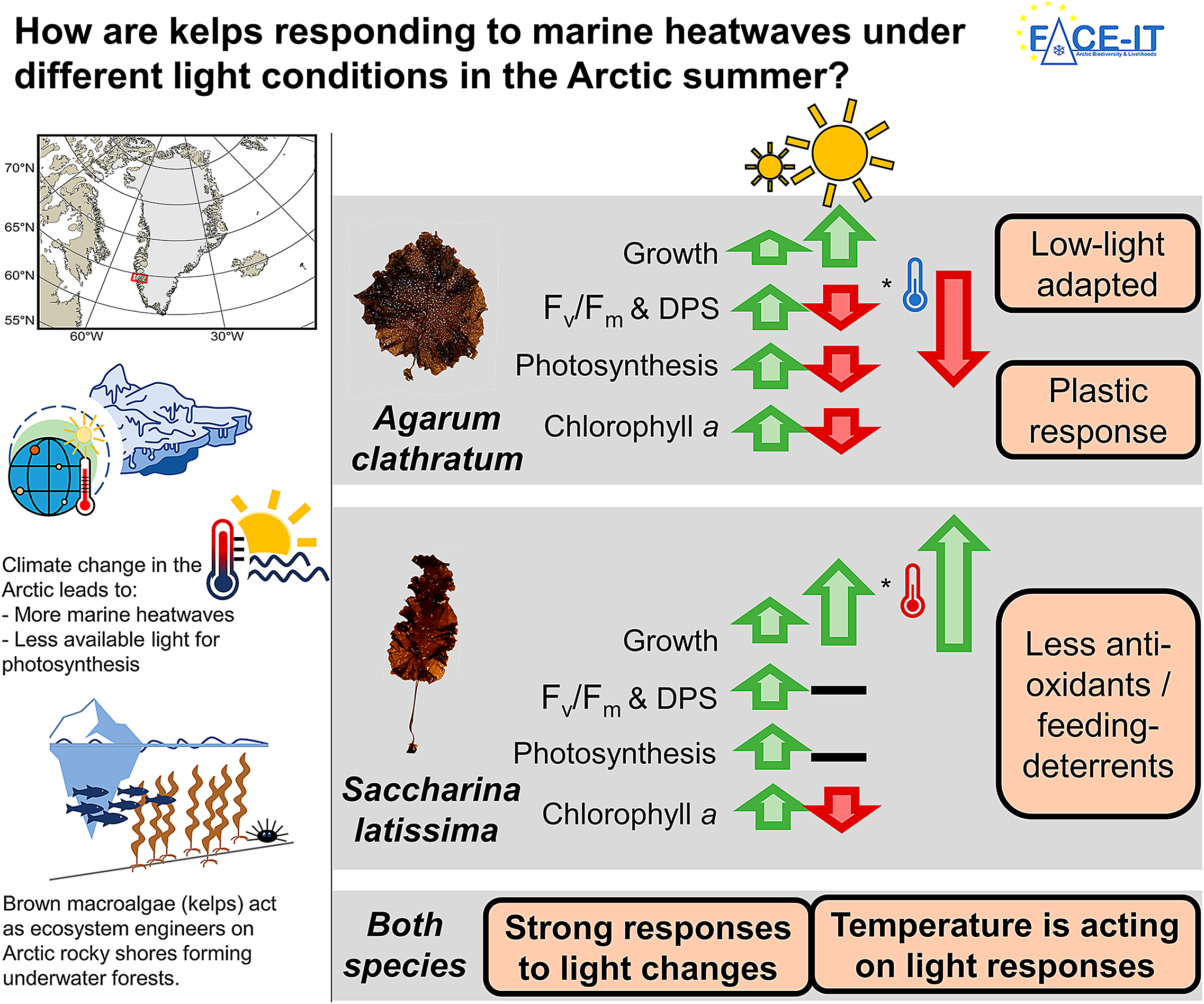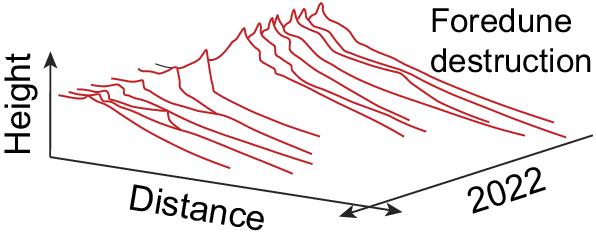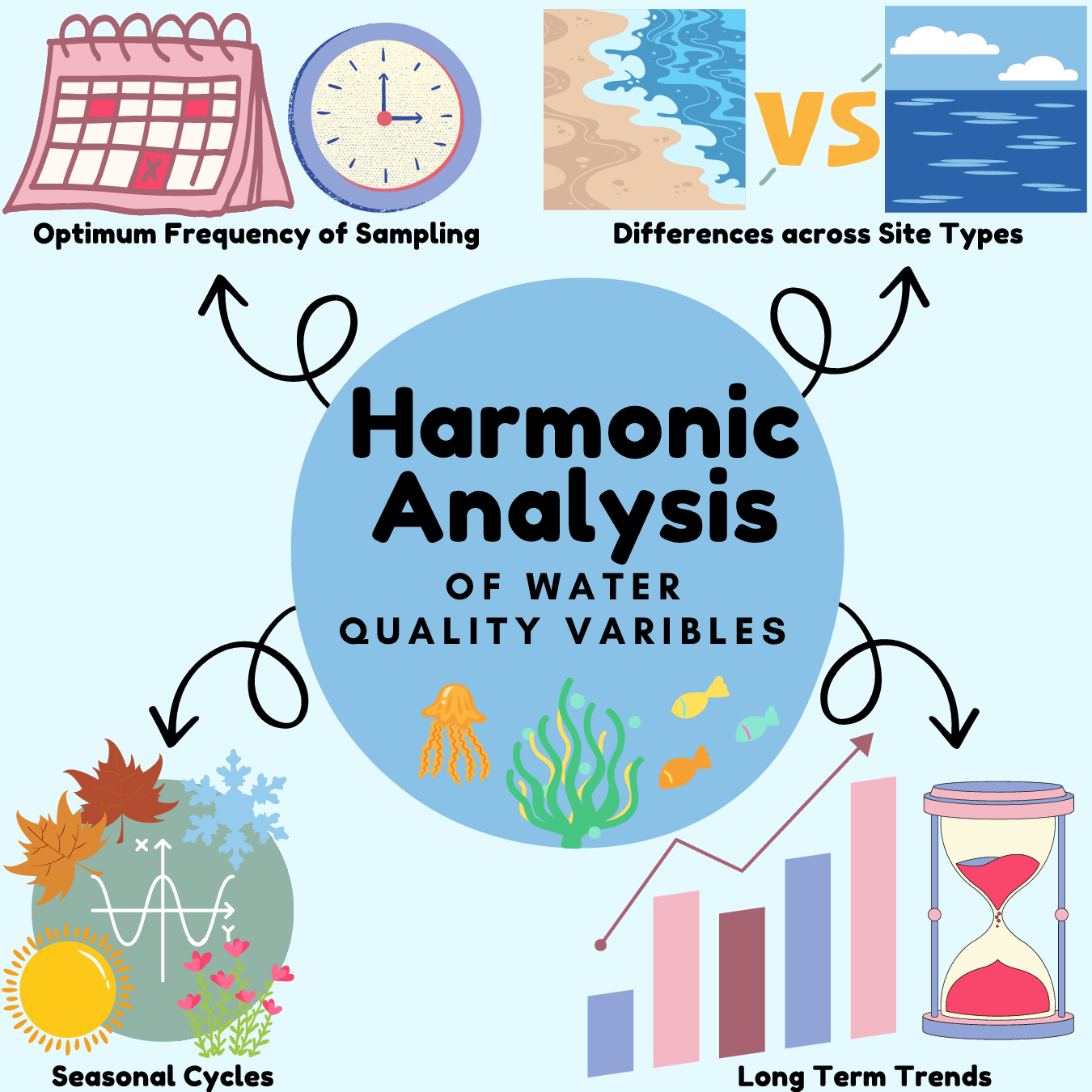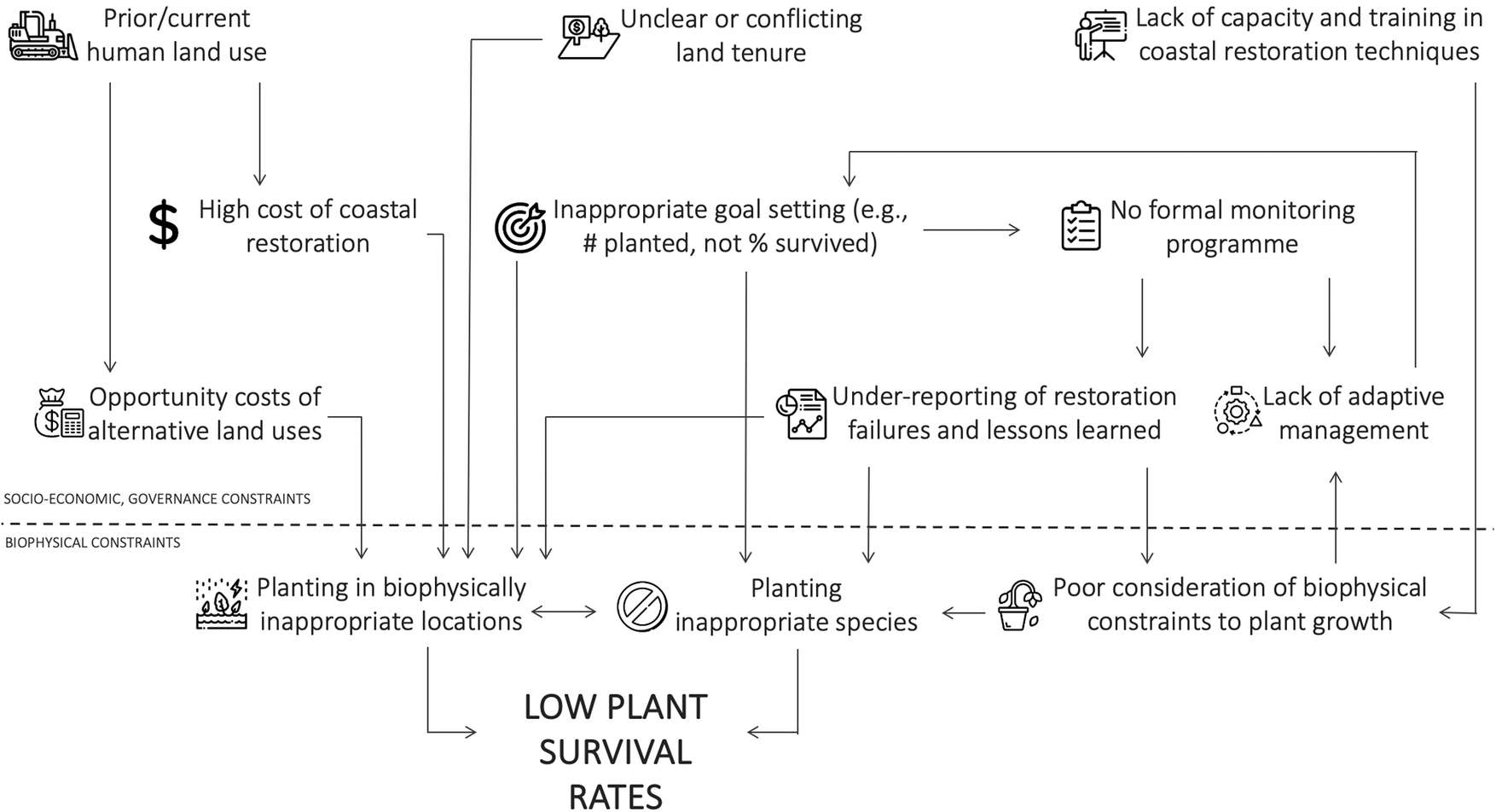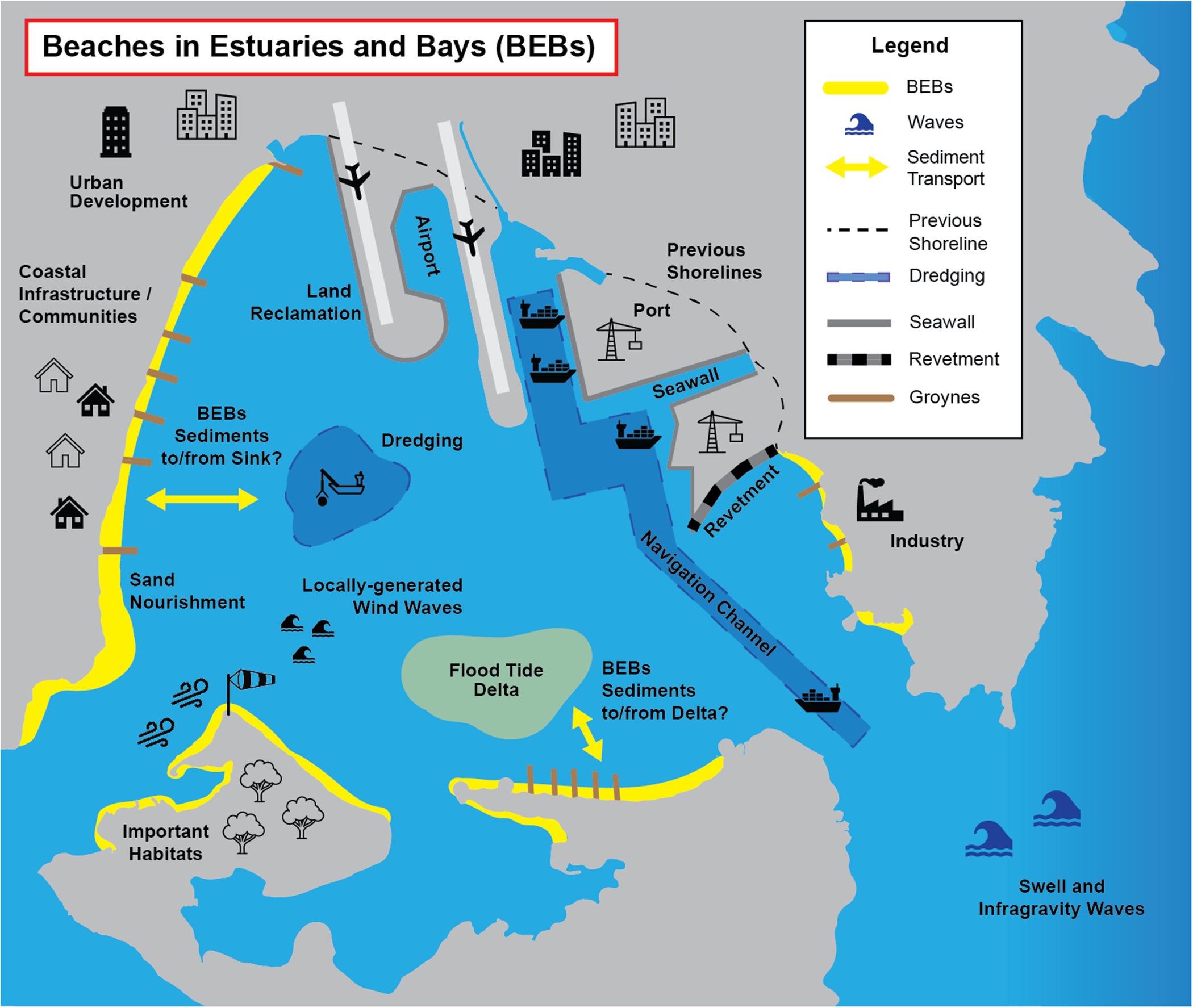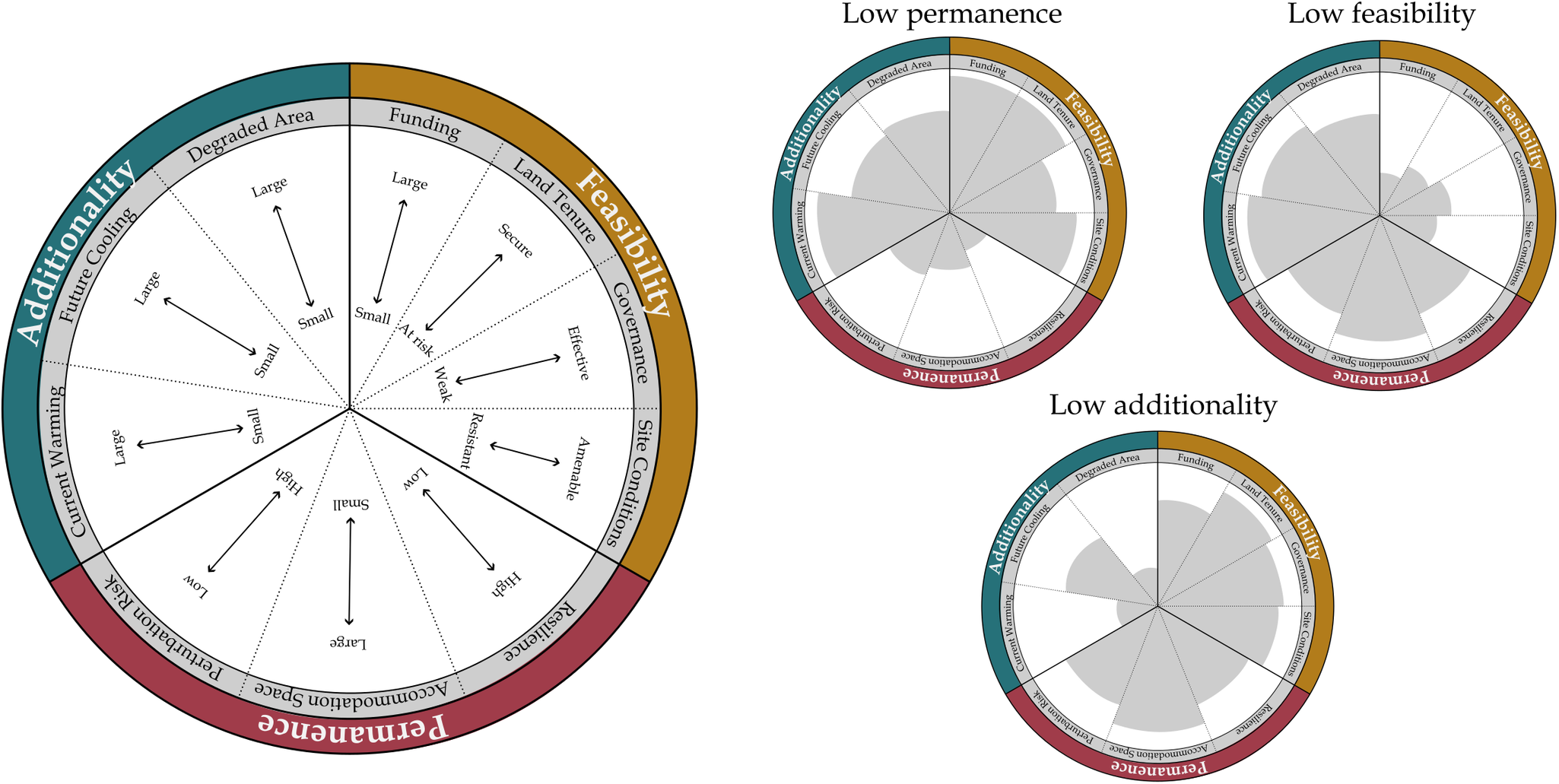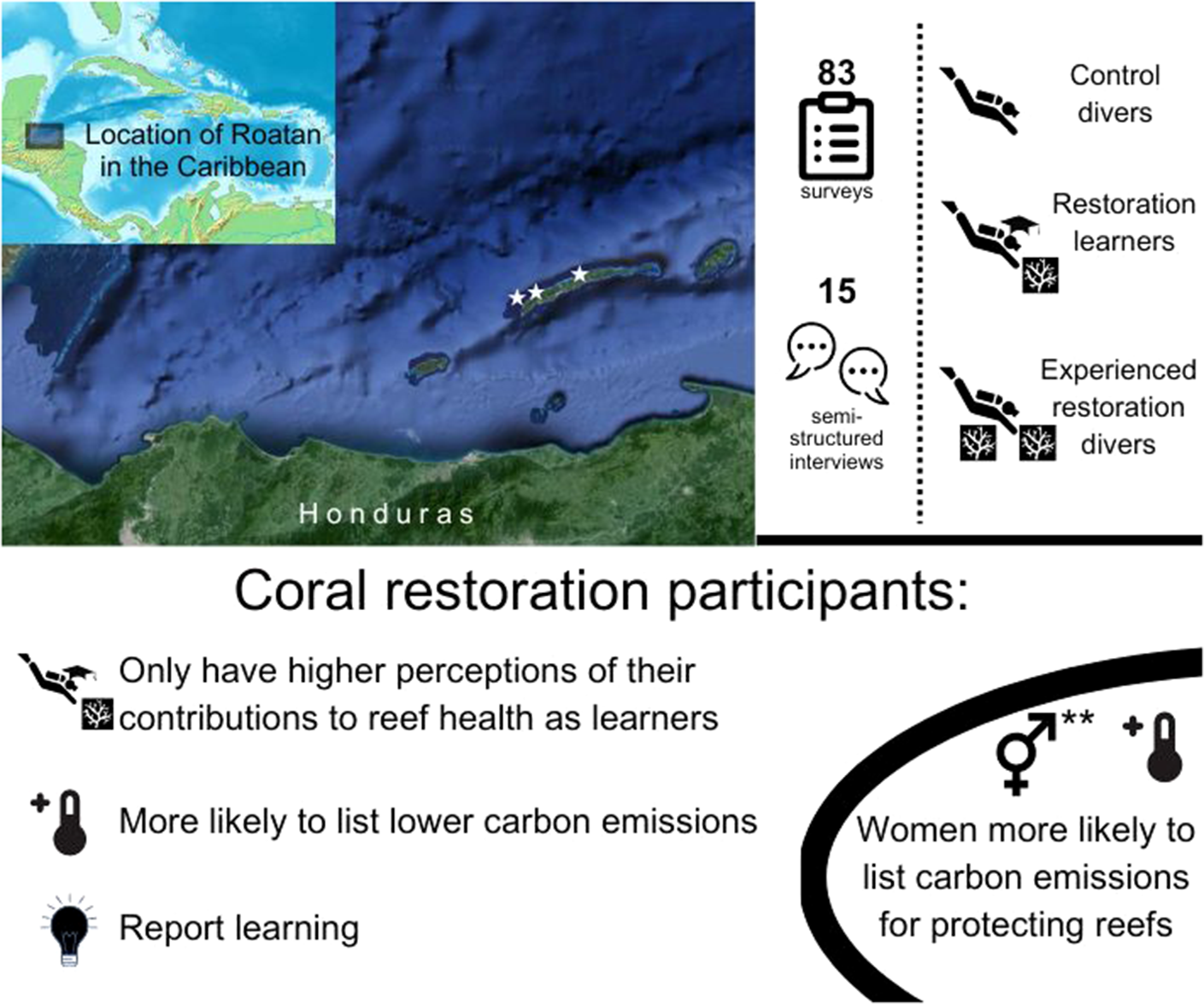Sustainability and sustainable development are the buzzwords of our era. Nowhere is this clearer than in primary production/extraction industries, such as aquaculture and fisheries. Yet in the seafood sector (as with many others), the term continues to be used most commonly in relation to the environmental dimension; much less is known about social and economic sustainability. In this review, we explore what is known about social sustainability in the seafood sector. We identify seven key thematic areas: livelihoods and human development; human rights; social, psychological, and cultural needs; equitable access to resource and benefit sharing; a voice in public issues; flow-on benefits for local and regional economies and improved infrastructure and access. We reveal that while there has been a clear focus on developing social sustainability indicators, this has largely missed more relational and subjective aspects of social sustainability. We also show that some thematic areas of social sustainability also remain underdeveloped. Overall, we argue that it is imperative that we address the knowledge gaps and incorporate what we already know about social sustainability into existing industry and governance processes. If we do not, not only risk not achieving the Sustainable Development Goals, but we also risk moving closer towards environmental and societal collapse.
Review
Social sustainability in seafood systems: a rapid review
-
- Published online by Cambridge University Press:
- 13 December 2023, e1
-
- Article
-
- You have access
- Open access
- HTML
- Export citation
Perspective
What is coastal subsidence?
-
- Published online by Cambridge University Press:
- 15 January 2024, e2
-
- Article
-
- You have access
- Open access
- HTML
- Export citation
Corrigendum
Monitoring interdecadal coastal change along dissipative beaches via satellite imagery at regional scale – Corrigendum
-
- Published online by Cambridge University Press:
- 16 February 2024, e3
-
- Article
-
- You have access
- Open access
- HTML
- Export citation
Research Article
Is the coastal future green, grey or hybrid? Diverse perspectives on coastal flood risk management and adaptation in the UK
-
- Published online by Cambridge University Press:
- 12 February 2024, e4
-
- Article
-
- You have access
- Open access
- HTML
- Export citation
Review
Climate change and human security in coastal regions
-
- Published online by Cambridge University Press:
- 12 February 2024, e5
-
- Article
-
- You have access
- Open access
- HTML
- Export citation
Research Article
Light-mediated temperature susceptibility of kelp species (Agarum clathratum, Saccharina latissima) in an Arctic summer heatwave scenario
-
- Published online by Cambridge University Press:
- 13 March 2024, e6
-
- Article
-
- You have access
- Open access
- HTML
- Export citation
Research Article
Foredune erosion, overtopping and destruction in 2022 at Bengello Beach, southeastern Australia
-
- Published online by Cambridge University Press:
- 26 April 2024, e7
-
- Article
-
- You have access
- Open access
- HTML
- Export citation
Research Article
Quantifying seasonal to multi-decadal signals in coastal water quality using high- and low-frequency time series data
-
- Published online by Cambridge University Press:
- 29 April 2024, e8
-
- Article
-
- You have access
- Open access
- HTML
- Export citation
Review
Restoring blue carbon ecosystems
-
- Published online by Cambridge University Press:
- 17 May 2024, e9
-
- Article
-
- You have access
- Open access
- HTML
- Export citation
Review
The dilemma of coastal management: Exploitation or conservation?
-
- Published online by Cambridge University Press:
- 14 August 2024, e10
-
- Article
-
- You have access
- Open access
- HTML
- Export citation
Review
Morphodynamics and management challenges for beaches in modified estuaries and bays
-
- Published online by Cambridge University Press:
- 27 August 2024, e11
-
- Article
-
- You have access
- Open access
- HTML
- Export citation
Research Article
Eastern Australian estuaries will transition to tidal flood regimes in coming decades
-
- Published online by Cambridge University Press:
- 04 October 2024, e12
-
- Article
-
- You have access
- Open access
- HTML
- Export citation
Review
When and where can coastal wetland restoration increase carbon sequestration as a natural climate solution?
-
- Published online by Cambridge University Press:
- 11 October 2024, e13
-
- Article
-
- You have access
- Open access
- HTML
- Export citation
Research Article
Seeing the forest for the coral trees: involvement and perceptions of reef threats among coral restoration volunteers in Roatan, Honduras
-
- Published online by Cambridge University Press:
- 29 October 2024, e14
-
- Article
-
- You have access
- Open access
- HTML
- Export citation
Research Article
The influence of wind and basin geometry on surge attenuation along a microtidal channel in the western Baltic Sea
-
- Published online by Cambridge University Press:
- 25 November 2024, e15
-
- Article
-
- You have access
- Open access
- HTML
- Export citation
Perspective
Perspective on Regional Sea-level Change and Coastal Impacts
-
- Published online by Cambridge University Press:
- 12 November 2024, e16
-
- Article
-
- You have access
- Open access
- HTML
- Export citation
Research Article
Challenges to mangroves of the Semiarid Equatorial Coast of Brazil in the Anthropocene
-
- Published online by Cambridge University Press:
- 04 December 2024, e17
-
- Article
-
- You have access
- Open access
- HTML
- Export citation


